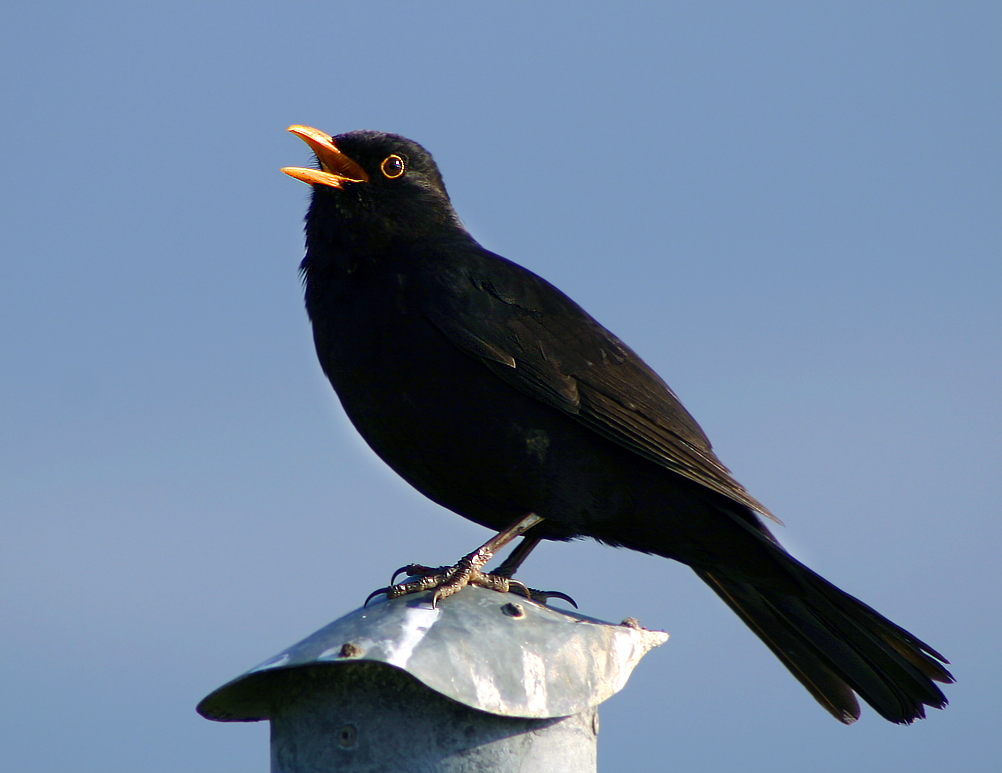Usutu virus (USUV) is a flavovirus originally isolated in South Africa from Culex neavei mosquito. It was identified in Europe in 1996 as the pathogen causing the death of Turdus merula birds in Italy. The transmission seems to be boosted by specific temperatures which, on the one hand, stimulates vector (mosquito) reproduction and, on the other, shorten the incubation time of the disease.
The first cases of severe human encephalitis due to Usutu virus were reported in 2009 in Italy in two immunocompromised subjects, providing the first evidence of a zoonotic disease caused by USUV
In the summer of 2016, several European countries reported widespread diffusion of USUV of different strains, based on bird surveillance. Such outbreak has called attention to the possible implication of USUV infection for public health.
We need to better understand the ecological and epidemiological factors that drive the emergence or re-emergence of USUV in order to develop and implement timely surveillance strategies for adequate preventive and control measures. Public health authorities, blood transfusion services and clinicians in countries where USUV was detected should be aware of the risk of possible USUV infection in humans. The recent identification of USUV infection in northern Italy makes it urgent to consider this zoonotic disease as one of the etiologic factor behind encephalitis of unknown cause and to solicit the political authorities to face the problems related to the safety of blood derivatives and fauna preservation
Euro Surveill. 2017 Jan 26;22(4).
Widespread activity of multiple lineages of Usutu virus, western Europe, 2016.
Cadar D, Lühken R, van der Jeugd H, Garigliany M, Ziegler U, Keller M, Lahoreau J, Lachmann L, Becker N, Kik M, Oude Munnink BB, Bosch S, Tannich E, Linden A, Schmidt V, Koopmans MP, Rijks J, Desmecht D, Groschup MH, Reusken C, Schmidt-Chanasit J.



